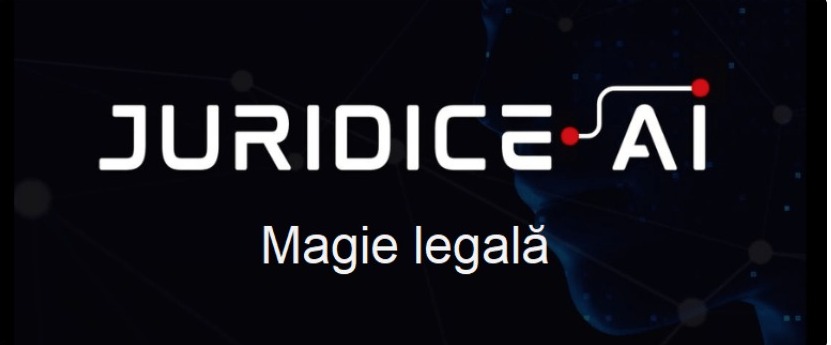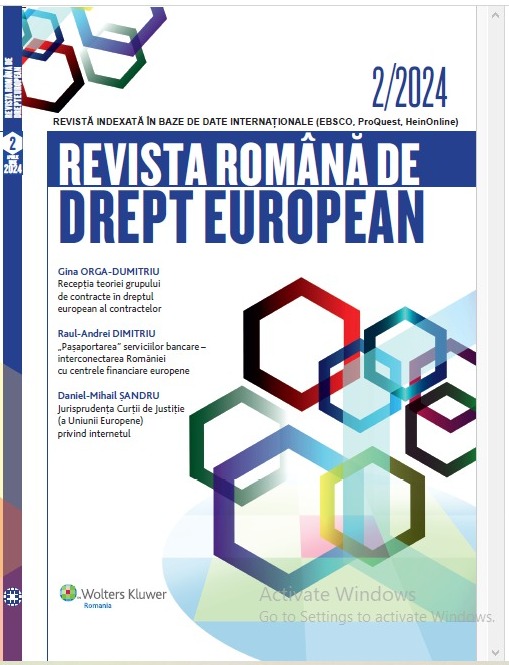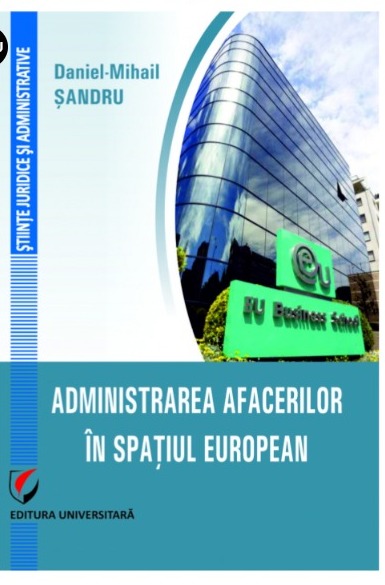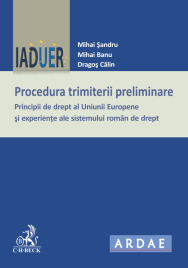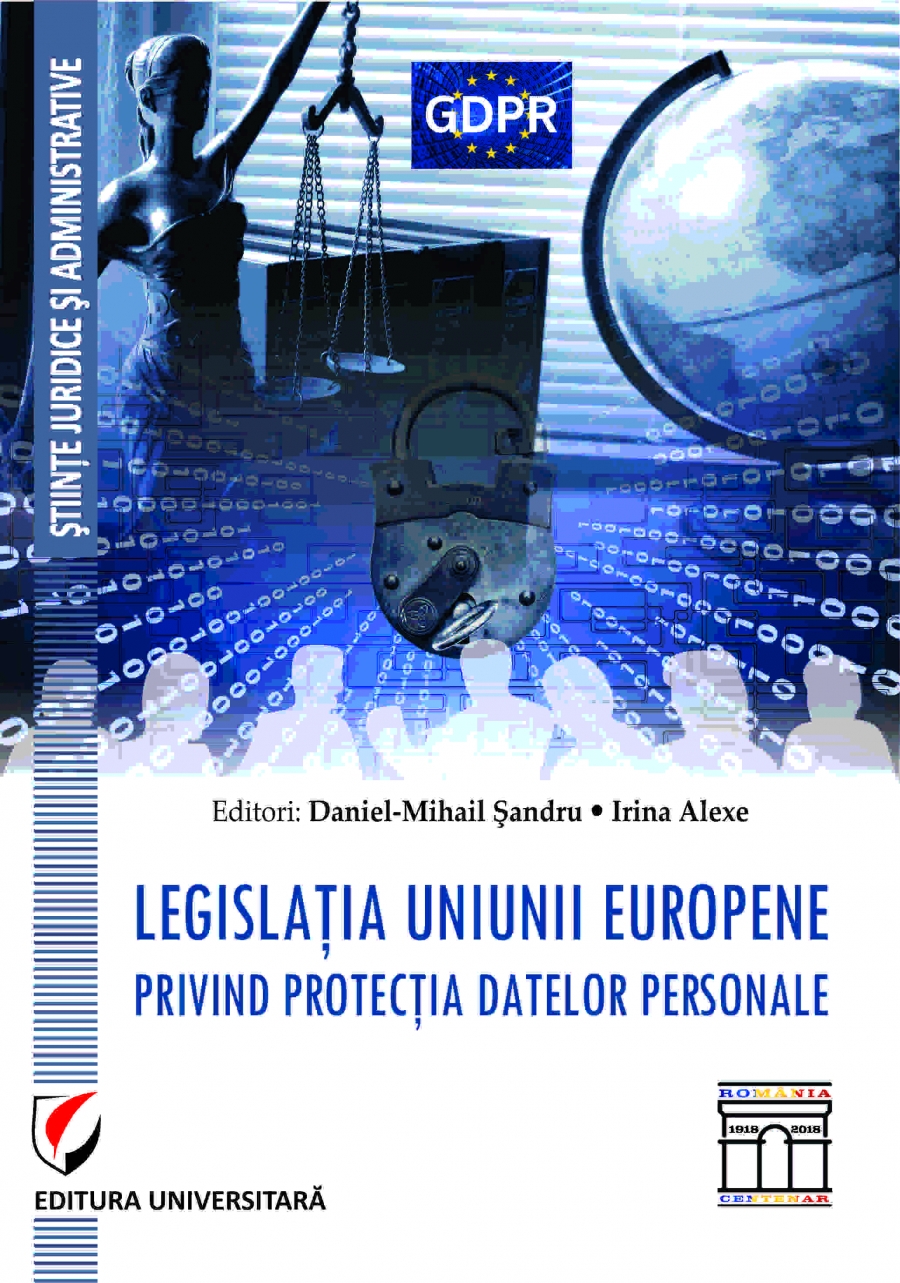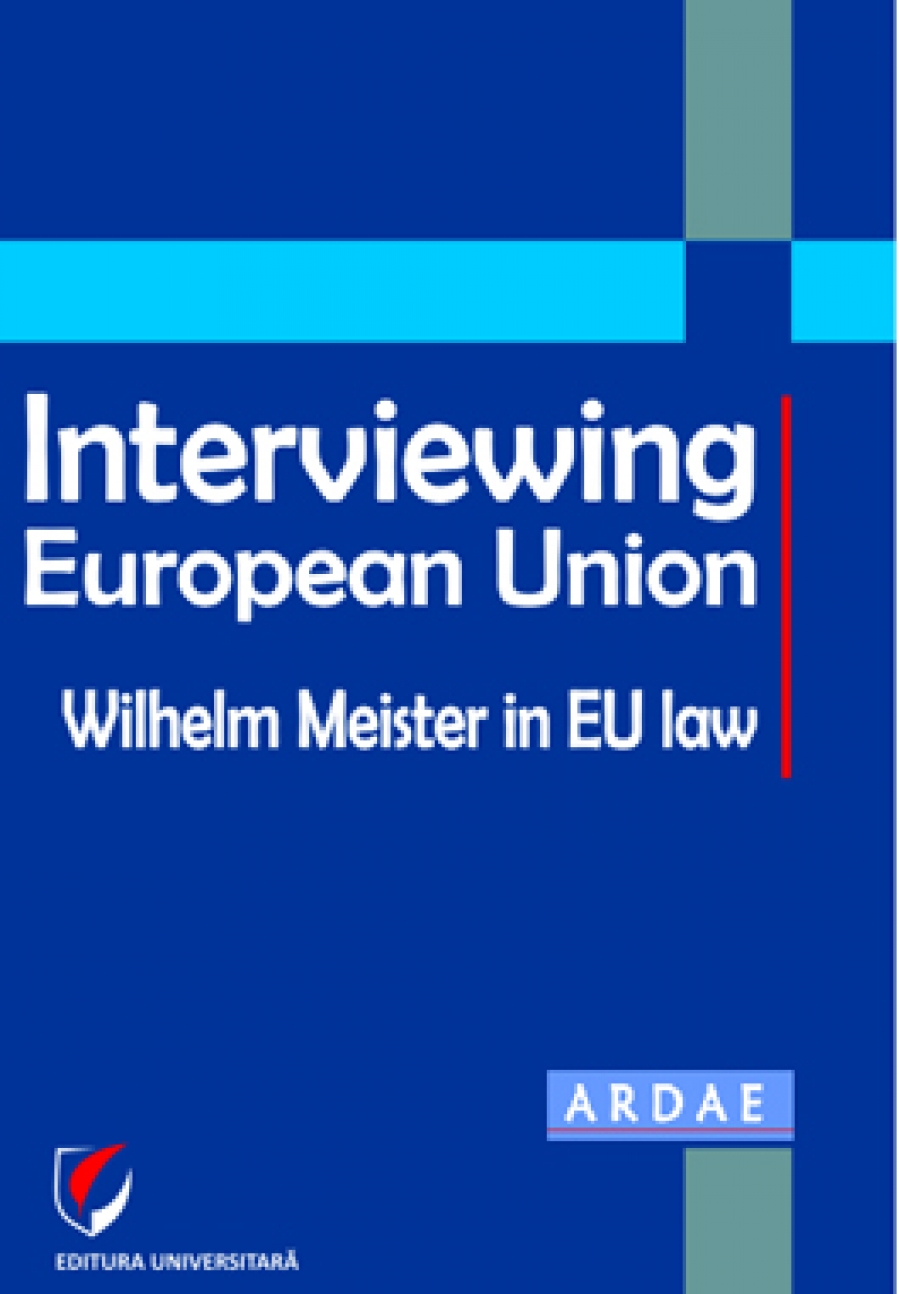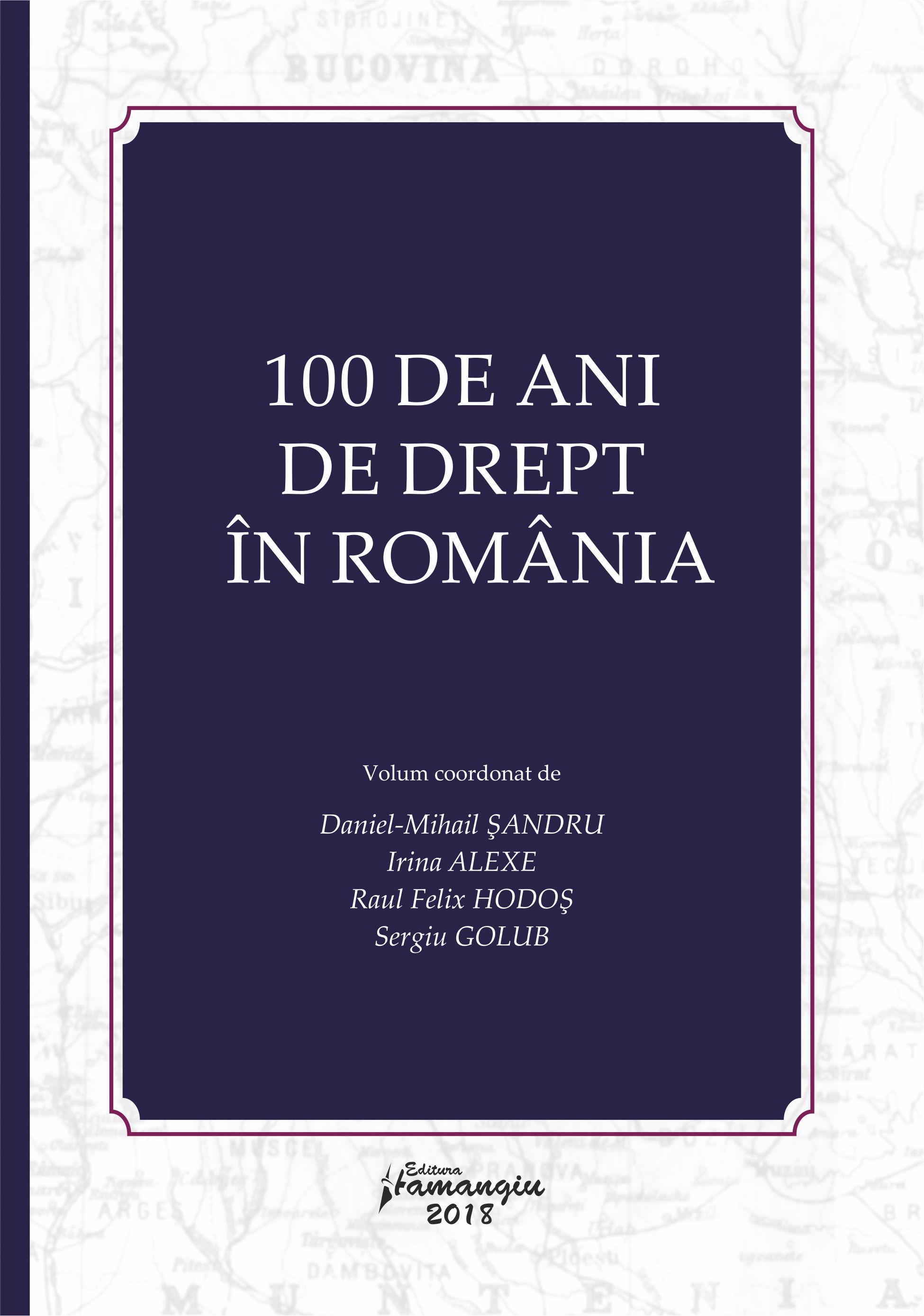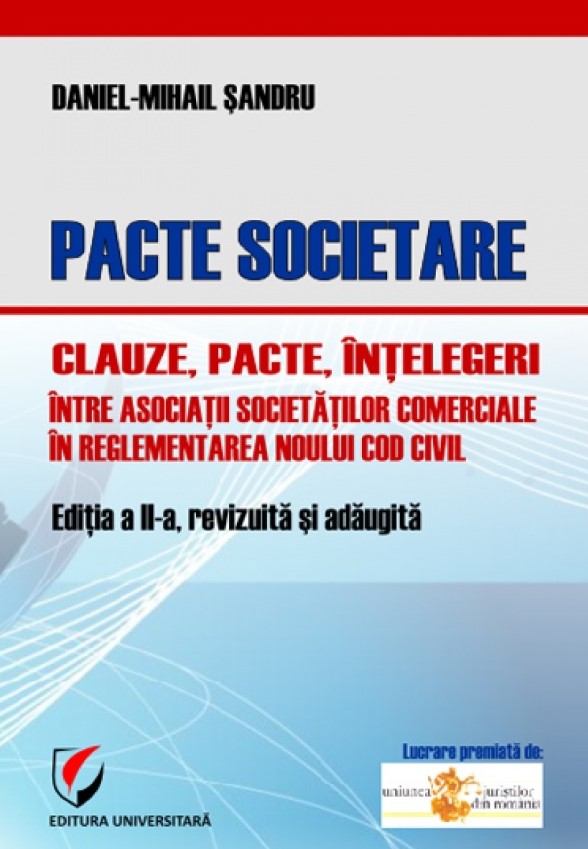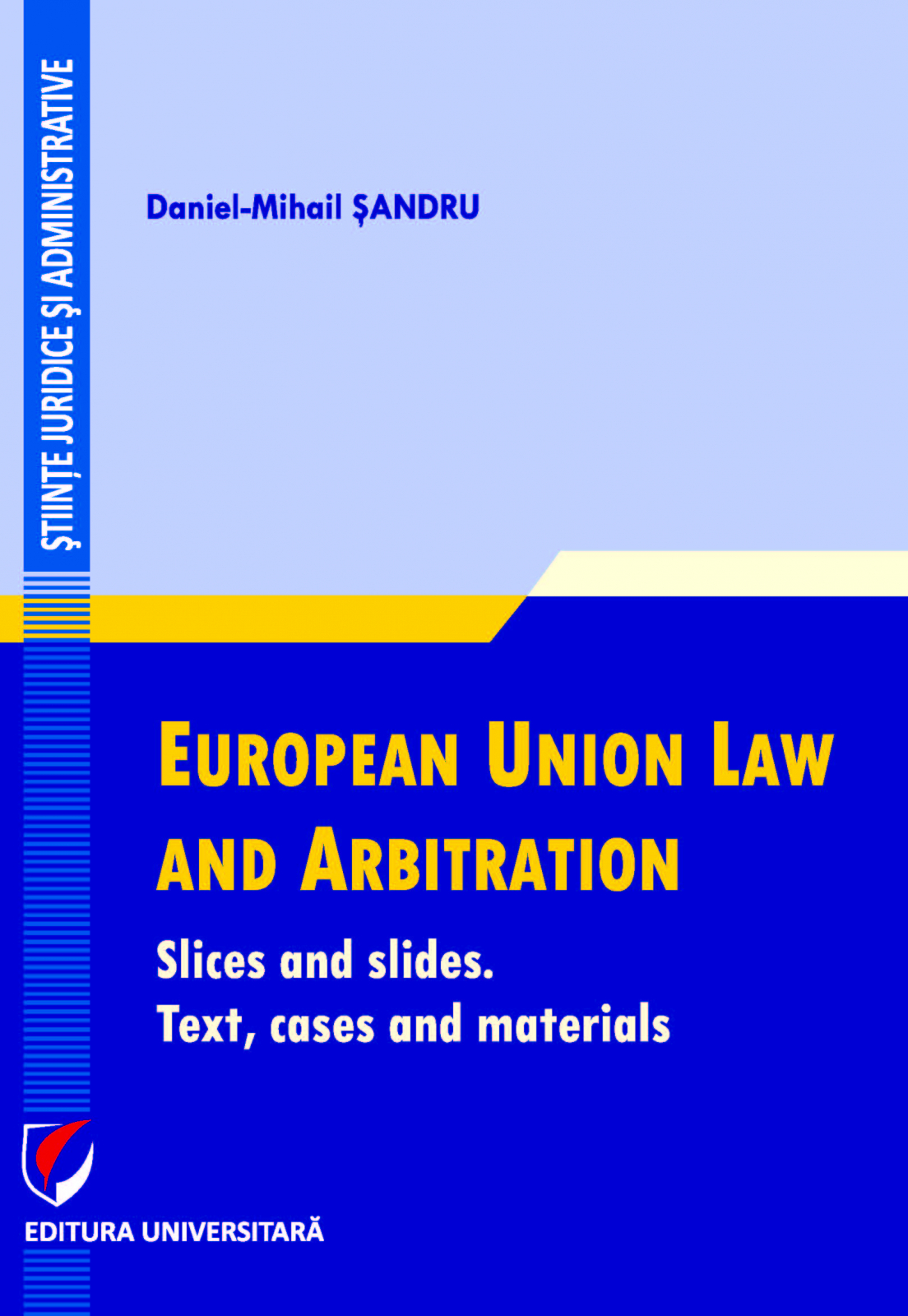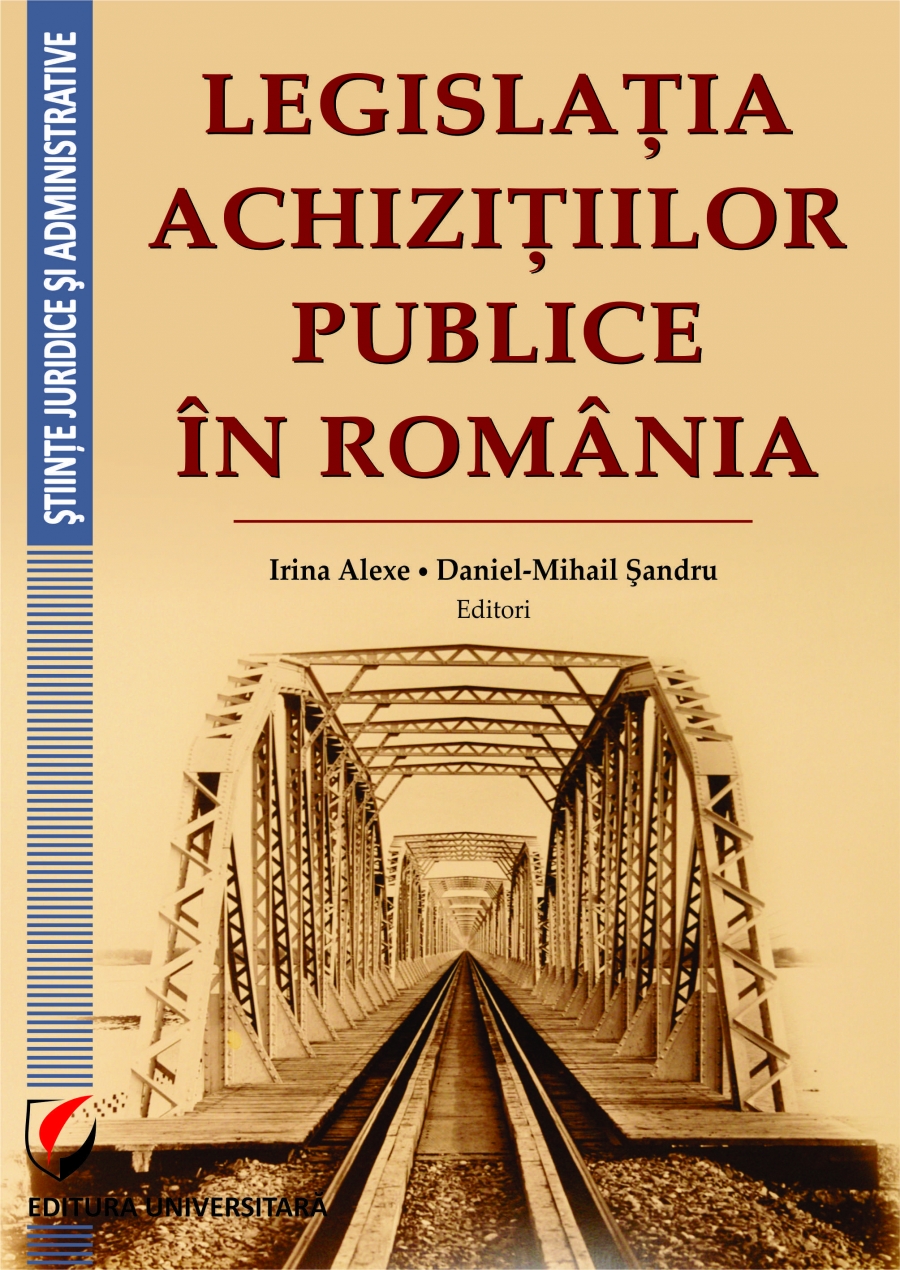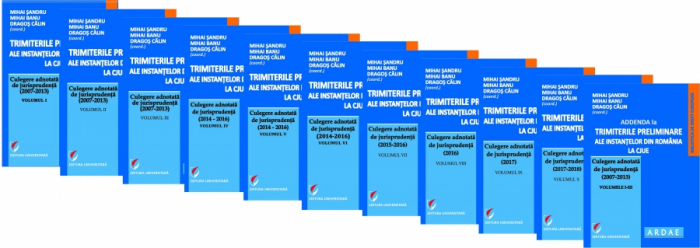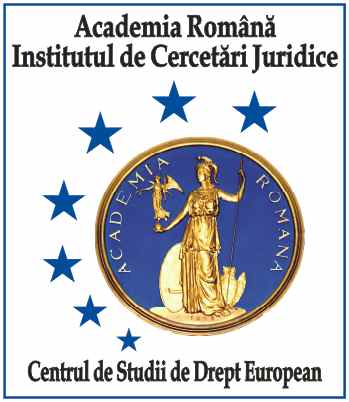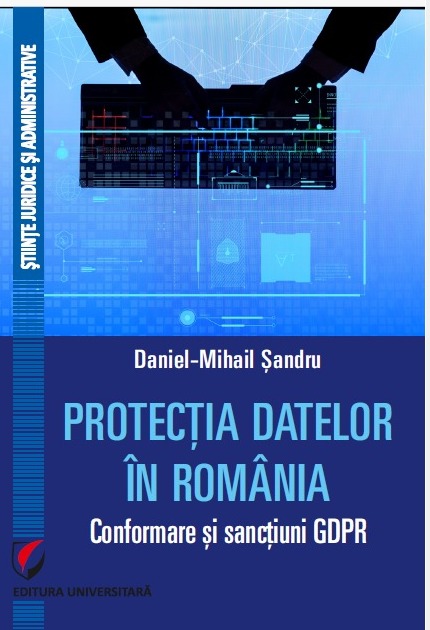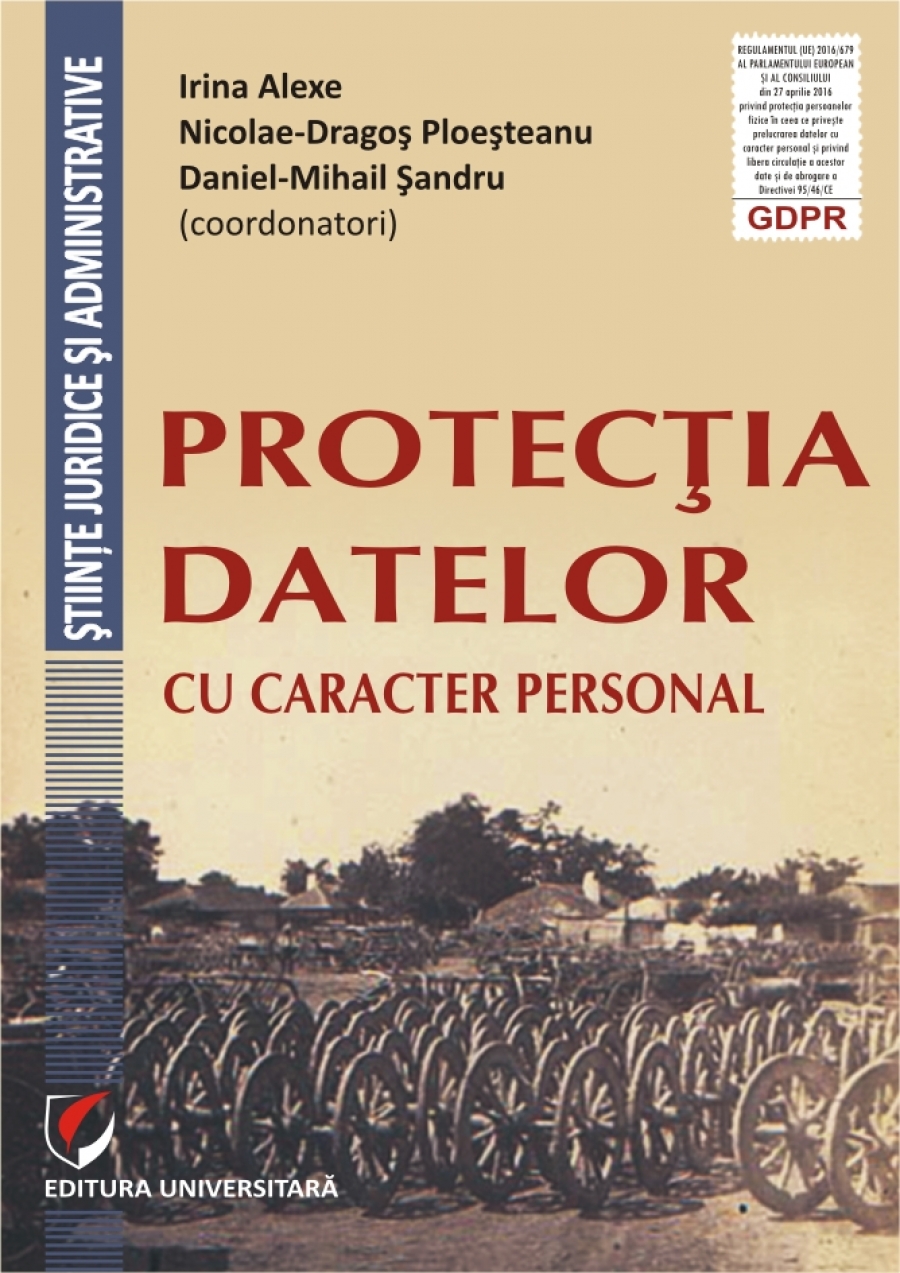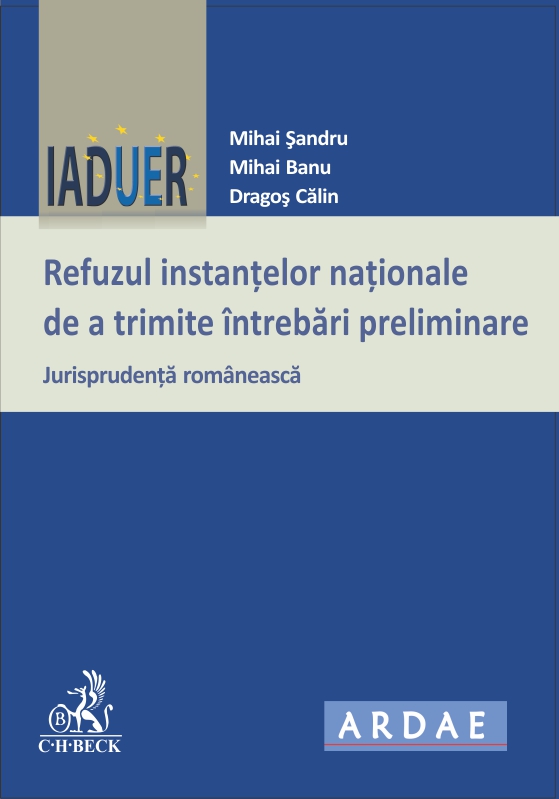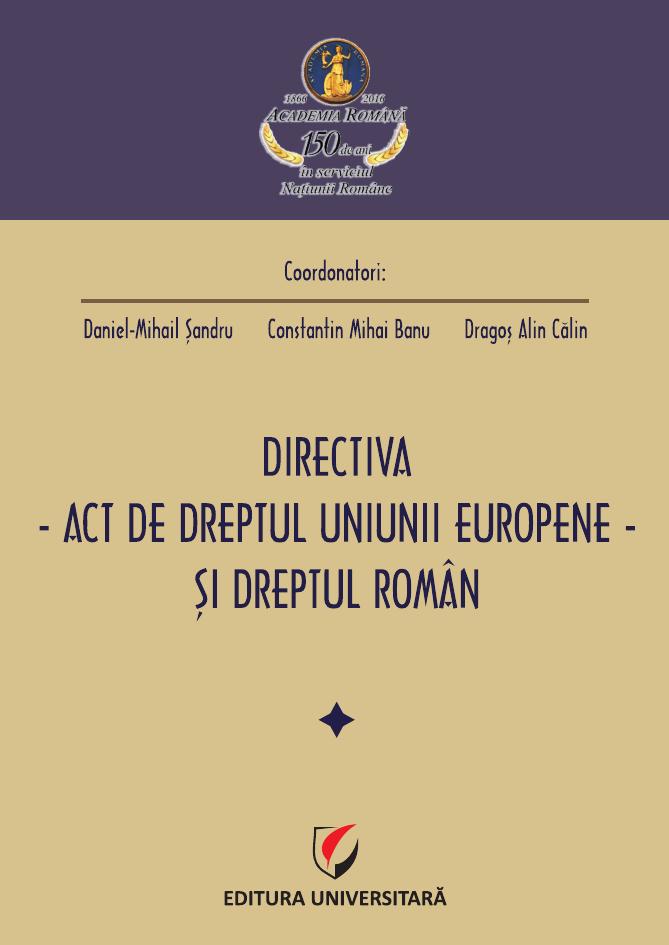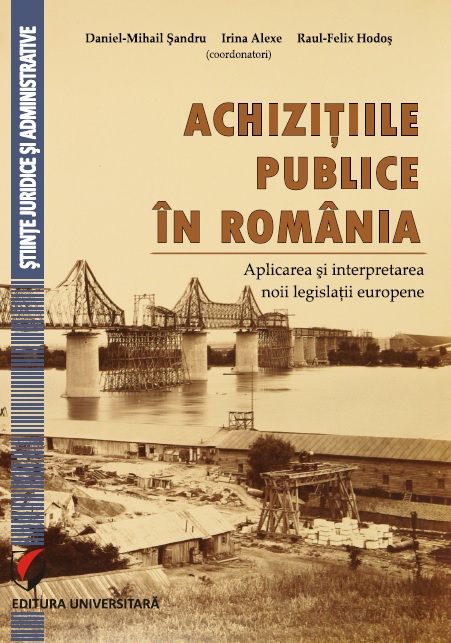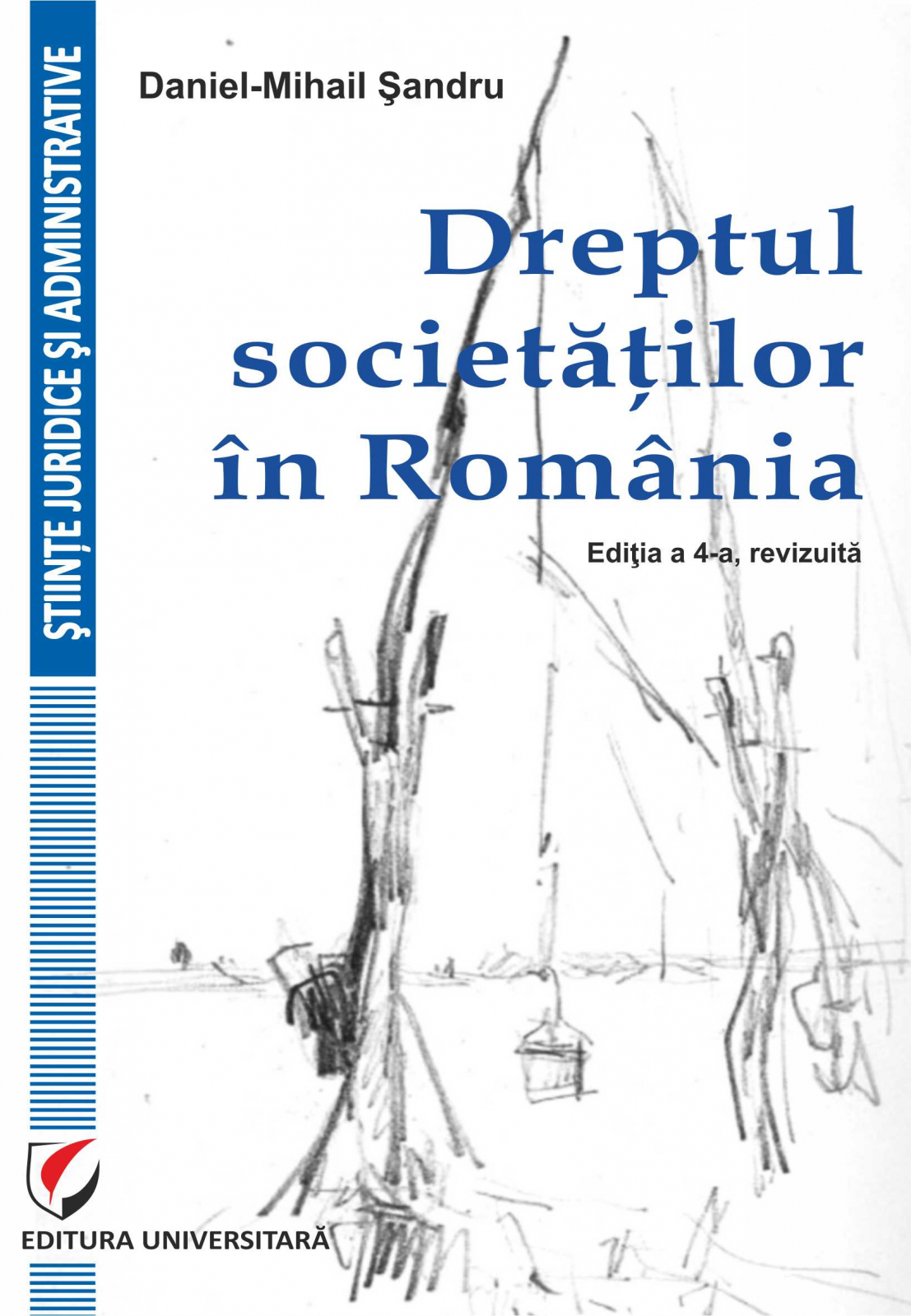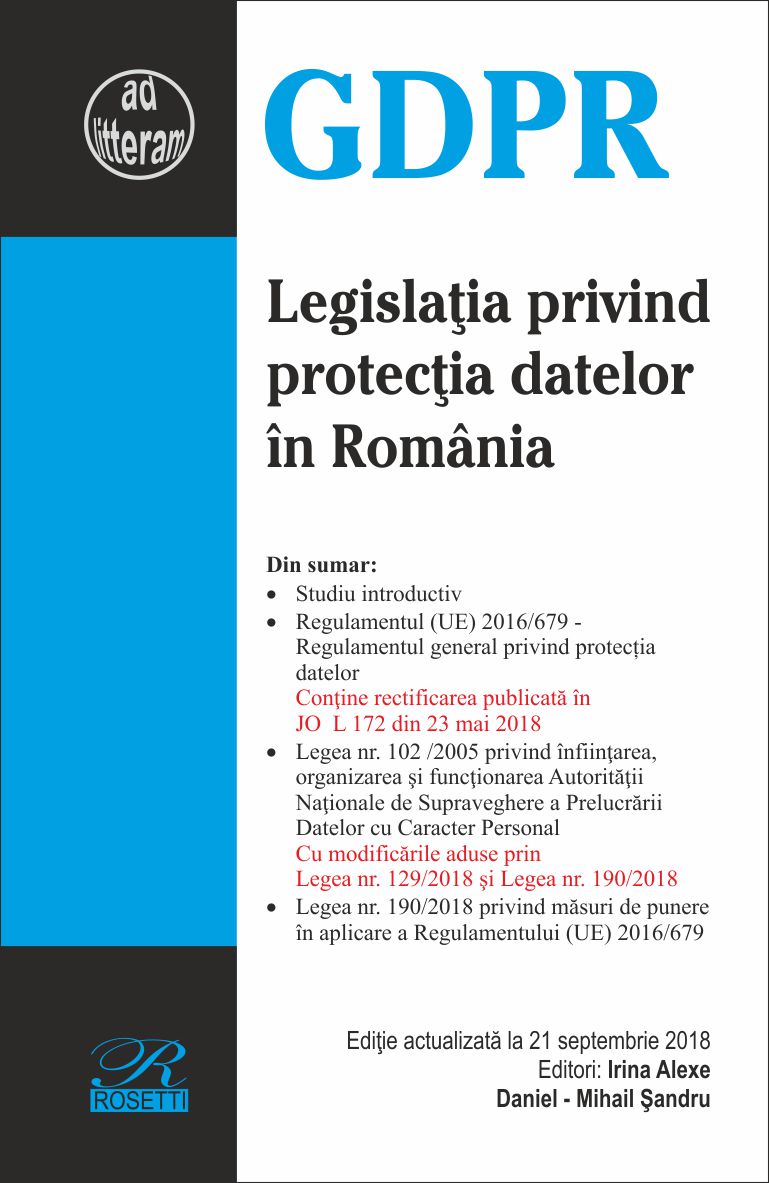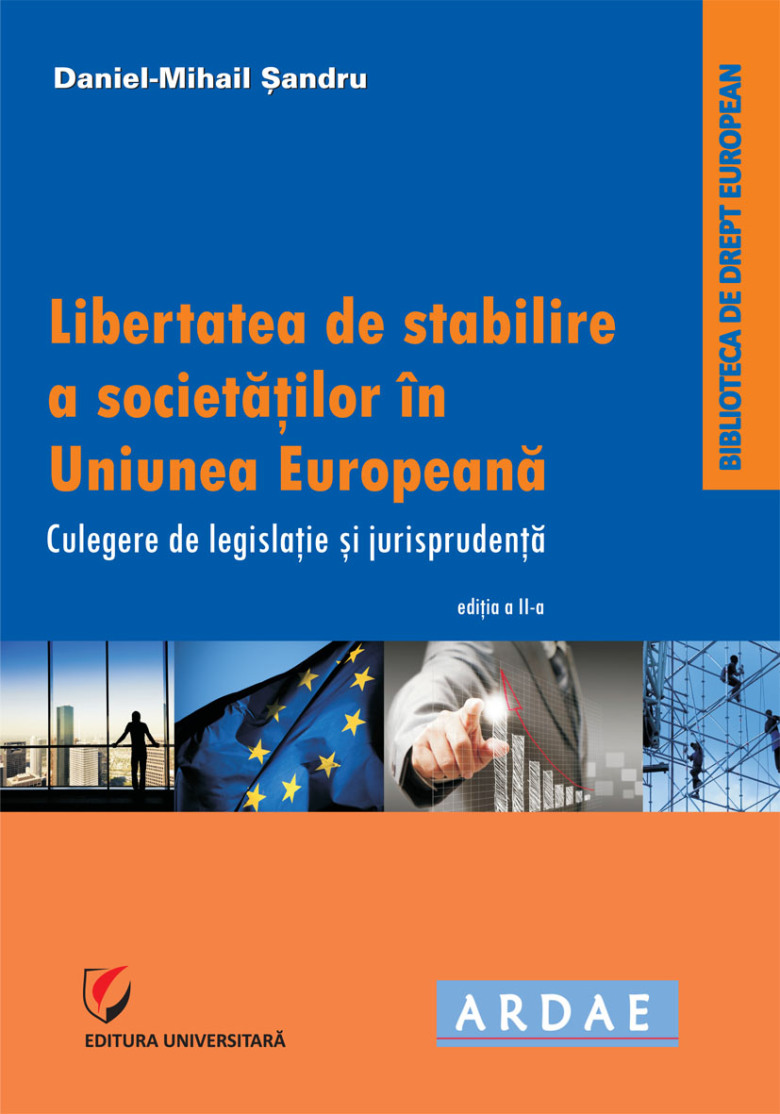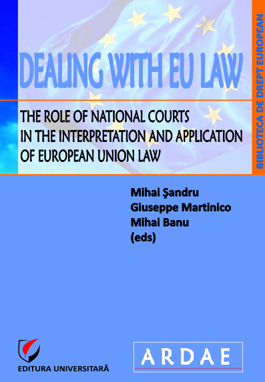Institute of Legal Research „Acad. Andrei Rădulescu” – Centre for European Legal Studies (CELS) of the Romanian Academy
Danubius University, Galați
Department of Political Sciences of the „Luigi Vanvitelli” University of Campania
International Conference
Virtual Communities in the Age of General Data Protection Regulation,
5th edition, 2021
Main topic: EDUCATION
November 10, 2021, 11-14
The context the medical crisis also offered the opportunity for forced digitization. Education a was and is one of the main areas in which much has happened changes that affect both data protection and established communities in this environment. Data security for virtual communities in the environment education is a priority and the debate on this topic is mandatory.
The frame offered by Danubius University is conducive in this regard, offering not only hosting conference but also national and international experience in setting up and the functioning of virtual communities.
The conference is a platform dialogue for solving practical problems based on speech guests. The conference is addressed to practitioners, some of the speakers have experience in consulting or are responsible for data protection.
Conference brings together teachers and researchers from the Romanian Academy and centers universities in the country – Danubius University, University of Medicine, Pharmacy, Science and Technology from Târgu Mureș and University West of Timisoara, Transilvania University of Brașov and from abroad – King’s College London and the University of Maastricht.
The works will be published by Wolters Kluwer, in the „Pandectele române” journal.
The conference will take place in a hybrid system and will be full on line on the internet.
AGENDA
Keynote speakers:
Andy PUŞCĂ, Introductory speech
Andrea BORRONI, On the role of the new Regulation within the nuonces of the legal system for law firm and companies
Daniel-Mihail ŞANDRU, Adriana-Maria ȘANDRU, Dangerous „Cookies”. Some comments on case Planet49 [„Prajiturele” periculoase. Unele observații privind cauza Planet49]
In a judgment of 1 October 2019, Planet49 (C‑673/17), the Grand Chamber of the Court held that consent to the storage of or access to information in the form of cookies installed on a website user’s terminal equipment is not validly constituted if given by way of a pre-checked checkbox, irrespective of whether or not the information in question is personal data. Furthermore, the Court made clear that the information that the service provider must give to an internet user includes the duration of the operation of cookies and whether or not third parties may have access to those cookies. The article analyzes the mentioned cause as well as the decisions of the national data protection authorities or of the national courts regarding the consent regarding the cookies.
Irina ALEXE, (Un)predictability of the educational process in the context of a pandemic [(Im)predictibilitatea procesului educațional în context pandemic]
In the context of the increasingly complicated health crisis that we are facing, the multiple normative acts that regulate – often without prior notice – parts of the educational process, introduce additional access procedures or their conditioning, aimed at protecting personal data. The study analyzes the causes of the unpredictability of these rules, and the effects they can have on the educational process, but also on data security. Finally, this study proposes several solutions that lead to both respect for the right to data protection, as well as ensuring a predictable educational process.
Ana Alina IONESCU DUMITRACHE , TBC
Section 1. Virtual communities and GDPR
Moderators: Conf. univ. dr. Ana-Alina Ionescu DUMITRACHE; Prof. Daniel-Mihail ȘANDRU
Andrei SĂVESCU, The legal consequences of the emphatic nature of online communities [Consecințele juridice ale caracterului emfatic al comunităților online]
The behavioral consequences of online communities include annoyance and emphasis. The most significant legal consequences of the emphasis are some cybercrime and the immediate damage to dignity.
Marius Cătălin MITREA, The metaverse, between Privacy by design and infinite risks [Metaversul, între privacy by design și riscuri infinite]
Introduced as the successor of the mobile internet, the metaverse is aiming to be the global network of interconnected devices, characterized by advanced permeability of the delimitation between physical and digital realities (people, spaces and things in physical reality are recreated in digital realities), able to offer immersive and vivid experiences, based on connectivity and interoperability, technically made through computers, smartphones, tablets, smart glasses (AR, VR, MR, XR), dedicated auxiliary devices with sensory capabilities (headphones, controllers, watches / bracelets and the like), such as and IoT devices. In this scientific study we will briefly present the key features of the metaverse, and we will analyze it from the perspective of user privacy, as well as the protection of personal data.
Silviu-Dorin ȘCHIOPU, An Example of National Case Law in the Field of Virtual Communities and Data Protection [Un reper jurisprudențial din practica instanțelor naționale în materia comunităților virtuale şi a protecţiei datelor]
The ease of communication thanks to services such as those offered by WhatsApp is not without correlative responsibilities, including in the field of personal data protection and the right to privacy. On a WhatsApp group, created for information to be sent from the Chairman of the Representative Council of Parents of a college to parents and vice versa, a member of the Board of Directors of the college posted the document initiating a lawsuit filed by one of the parents against the Board as a result of the son’s sanction consisting in a bad grade for behavior. The Court held that the information provided by the college to the member of the Board of Directors by communicating the request for summons in its entirety exceeds the proportional and necessary character provided by Article 6 (1) of Regulation (EU) 2016/679. Likewise, the Court held that the member of the Board of Directors who disclosed the document on the WhatsApp group had the opportunity to communicate only the information necessary to that community, not the personal data of the applicants, so that the assertion that he communicated the respective document only for information purposes cannot be retained, this exceeding the requirement of proportionality and the necessary character. Also, the Tribunal found that, by committing the two illicit acts mentioned, the child’s right to privacy was violated, as recognized by Article 8 ECHR and Article 71 of the Romanian Civil Code. Although an appeal has been filed that is pending, we believe that the outcome of this case will come as no surprise.
Dragoș Marian RĂDULESCU, Compliance with GDPR Requirements in Universities [Aplicarea GDPR în universităţi]
The GDPR sets out detailed requirements for universities on collecting, storing and managing personal data, such as: name, address, ID card/passport number, cultural profile, Internet Protocol (IP) address, data held by a hospital or doctor (which uniquely identifies a person for health purposes) and so on. Therefore, universities must take all necessary measures to protect all this personal data.
Section 2. General Data Protection Regulation
Moderators: Conf. univ. dr. Andy PUȘCĂ; Dr. Irina ALEXE
Nicoale-Dragoș PLOEȘTEANU, Specific conditions regarding data processing in prevention and crime activities [Condiții specifice privind prelucrarea datelor în activitățile de prevenire și a infracționalității]
Georgeta MODIGA, Carmen ION, Legislative aspects regarding the regulation of work at home (teleworking teleworking in the university environment) in the context of new challenges [Aspecte legislative privind reglementarea muncii la domiciliu (telemunca-teleworking in mediul universitar) in contextul noilor provocări]
We have chosen as theme Legislative aspects regarding the regulation of work at home (teleworking in the university environment) in the context of new challenges, having the conviction that the subject of its legal implications are far from being exhausted with the hope that we can contribute to understanding this legal institution. complex. Telework or telecommuting is the activity through which communications and information technology (ICT) is used in order to achieve a lucrative activity at a distance from the place where the result of the work is needed.
The research methodology involved interviewing a group of young people (student-employees) from the university environment regarding their perception of the advantages and disadvantages, disadvantages and effects of telework on quality of life..We tried to explain certain aspects of digital work, aspects that lead to the increase of the quality of life at work as well as personal. The general conclusion that emerges from the research I undertook is that the young people interviewed showed that if in the conditions of the pandemic telework was life-saving in the sense that it allowed them to continue working,
Alexandru GEORGESCU, The impact of personal data processing in education in the context of digitization [Impactul prelucrării datelor cu caracter personal în contextul digitalizării procesului educațional]
The education sector is a part of our life even more permeated by digitization. In this period of time, more and more companies are involved in the development of e-learning. The paper aims to analyze the ways in which these transformations in the field of education should be approached starting from the current applicable legal framework. Digitization in general and data protection in particular are a holistic iterative process in which all components (platforms, equipment, network access,) interract with each other. The new normal in education is changing behavioural expectations and sensitivities regarding private personal spaces. These transformations may fade as society becomes more accustomed to working and learning from home but important questions need answers in terms of protecting the fundamental right of data protection.
Daniela DUȚĂ, The right to be informed of the data subject as per Regulation no. 679/2016 [Dreptul la informare al persoanei vizate în Regulamentul 679/2016]
This study’s aim to present the right to be informed of the data subject conferred by Regulation 679/2016 based on previous legislation, both in European Union law by Directive 95/46 / EC transposed into national law by Law 677/2001, and at the level of Council of Europe by Convention no. 108+ ratified in national legislation by Law 682/2001.The research pursues the right to be informed regulated by art. 13 – Information that is processed in case the personal data are collected from the data subject, art. 14 – Information to be provided if personal data have not been obtained from the data subject and art. 34- Informing the data subject about the personal data breach of the Regulation.In the context of the spread of SARS-CoV-2 coronavirus and massive digitization, the processing of a larger volume of data, including online, the study of the right to be informed of the data subject about the processing of personal data by the controller prior to processing is required and the possibility for the data subject to be informed about the data that will be processed by the controller (right of access).
Nelu GHEORGHIȚĂ, Some considerations regarding the protection of personal data in schools [Unele considerații privind protecția datelor cu caracter personal în școli]
The protection and security of personal data are two fundamental elements for any interaction in the online environment. The processing of personal data must be at the service of citizens. Children need specific protection of their personal data, as they may be less aware of the risks, consequences, safeguards involved and their rights with regard to the processing of personal data. The processing, by the educational unit, of the personal data of the participants in the activities carried out through technology and the Internet is carried out in order to fulfill the legal obligation incumbent on the educational unit to ensure the right to education, by guaranteeing access and effective development of the educational process in case the educational process cannot take place face to face, according to the legal provisions in force.
Conclusion
About our speakers:
Irina ALEXE is an associate researcher at the Institute of Legal Research „Acad. Andrei Rădulescu” of the Romanian Academy, doctor in administrative law from the Faculty of Law within the University of Bucharest, and author of several articles and volumes in the field of Administrative law, Constitutional law and European law. Taking advantage of her long administrative experience, in the last five years she has combined areas of her expertise, in order to be able to deal with various topics related to the protection of personal data.
Andrea Borroni – Prof. Dr., Università degli Studi della Campania „Luigi Vanvitelli”; lawyer.
Daniela DUȚĂ is a PhD candidate at the „Acad. Andrei Rădulescu” Legal Research Institute, School of Advanced Studies of the Romanian Academy (SCOSSAR)
Alexandru GEORGESCU is a Phd student at the Institute of Legal Research „Acad. Andrei Rădulescu” of the Romanian Academy, Executive President of the Romanian Association of European Law and Affairs(RALEA) and Teaching Assistant at Danubius University. Contact email: dpoalexandrugeorgescu@gmail.com.
Nelu GHEORGHIȚĂ is a graduate of the Law Faculty at the „Danubius” University in Galati, Romania, tutor at the same Faculty and PhD student at the Doctoral School of Legal Sciences of the University of European Studies in Moldova.
Carmen ION, a lawyer by profession, 24 years of legal activity, tutor in the field of legal sciences at Danubius University in Galati, doctoral student at the University of European Studies in Moldova (USEM), specialist evaluator in the activities of examining participants in vocational training programs.
Marius MITREA – Jurist, master in diplomatic techniques and public international law. Former legal adviser at Ministry of National Defense, currently senior data protection analyst at Groupe Société Générale, president of the European Association for International Studies – AESI and PhD student in EU law (data protection) at Legal Research Institute of Romanian Academy.
Dragos Marian RĂDULESCU, PhD, Dimitrie Cantemir Christian University is professor of Law, with research and teaching expertise including GDPR, General Theory of Law and Mediation.
Adriana-Maria ȘANDRU – PhD, Asist. Prof. Danubius University.
Daniel-Mihail ȘANDRU – Professor; Senior researcher, Institute of Legal Research „Acad. Andrei Rădulescu” – Centre for European Legal Studies (CELS) of the Romanian Academy.
Silviu-Dorin ȘCHIOPU – PhD candidate – Nicolae Titulescu University of Bucharest. Executive Co-Editor of Jus et Civitas – A Journal of Social and Legal Studies. Member in the Editorial Board of the Romanian Journal for Protection and the Security of Personal Data (RRPSDCP). Member of the Romanian Association for Law and European Affairs (RALEA) and of the Association of Privacy and Data Protection Specialists in Romania (ASCPD).
Scientific Committee:
Prof. Daniel-Mihail Şandru – Institute of Legal Research „Acad. Andrei Rădulescu”, Romanian Academy;
Dr. Irina Alexe – Institute of Legal Research „Acad. Andrei Rădulescu”, Romanian Academy
Conf. univ. dr. Alina Ionescu Dumitrache – Danubius University, Galați;
Asist. univ. dr. Adriana Maria Sandru – Danubius University, Galați;
Dr. Andra Cotiga – Lille Catholic University;
Prof. Dr. Andrea Borroni – Università degli Studi della Campania „Luigi Vanvitelli”;
Dr. Giovanna Carugno – Foro Italico University;
Dr. Liviu Damşa – Birmingham City University;
Dr. Luis Gutiérrez Sanjuán – University of Las Palmas de Gran Canaria;
Prof. Dr. Giuseppe Martinico – Sant’Anna School of Advanced Studies;
Dr. Neliana Orlandi – University of Verona;
Dr. Oana Ștefan – King’s College London;
Prof. Gabriela A. Oanta – Universidade da Coruña;
Conf. univ. dr. Camelia Ignătescu – „Ștefan cel Mare” University, Suceava;
Conf. univ. dr. Liana Pascariu – „Ștefan cel Mare” University, Suceava;
Conf. univ. dr. Răzvan Viorescu – „Ștefan cel Mare” University, Suceava;
Prof. univ. dr. Aurora Ciucă – „Ștefan cel Mare” University, Suceava;
Prof. univ. dr. Ionel Bostan – „Ștefan cel Mare” University, Suceava;
Prof. univ. dr. Antonio Sandu – „Ștefan cel Mare” University, Suceava;
Conf. univ. dr. Gabriela Nemțoi – „Ștefan cel Mare” University, Suceava; .
Organizing committee:
Prof. univ. dr. Daniel-Mihail Şandru – Institute of Legal Research „Acad. Andrei Rădulescu”, Romanian Academy;
Conf. univ. dr. Andy Pușcă – Danubius University, Galați;
Dr. Irina Alexe – Institute of Legal Research „Acad. Andrei Rădulescu”, Romanian Academy;
Conf. univ. dr. Raul Felix Hodoș – „1 Decembrie” University, Alba Iulia;
Conf. univ. dr. Alina Ionescu Dumitrache – Danubius University, Galați;
Conf. univ. dr. Nicolae Ploeșteanu – University of Medicine, Pharmacy, Science and Technology from Târgu Mureș;
Prof. univ. dr. Dragoș Marian Rădulescu – Dimitrie Cantemir Christian University;
Conf. univ. dr. Angelica Roșu – Danubius University , Galați;
Asist. univ. dr. Adriana Maria Șandru – Danubius University, Galați;
Drd. Alexandru Georgescu – Institute of Legal Research „Acad. Andrei Rădulescu”, Romanian Academy;
Oana Drăgănescu – Danubius University, Galați.
Partner:
„Ștefan cel Mare” University, Suceava
Legal research laboratory on new technologies (LCJNT) –
Institute of Legal Research „Acad. Andrei Rădulescu”, Romanian Academy;
Romanian Association of European Law and Affairs (ARDAE)
Society of Legal Sciences (SSJ)
Wolters Kluwer
Data Protection Center (CDP) – UMFST, Târgu-Mureș
Iniciativa Latino-Americana de Direito, Sociedade e Cultura (ILADISC)
International Association for Law, Culture and Society (LEGALITC)
Romanian Research Society for Public and Private Affairs (SOROCAPP)
Universitara Publishing House
Media partners:
JURIDICE.ro
Afaceri juridice europene. Blog

